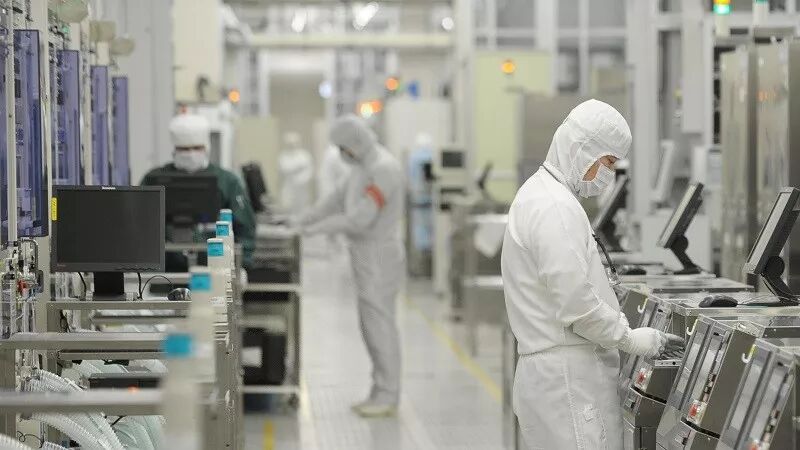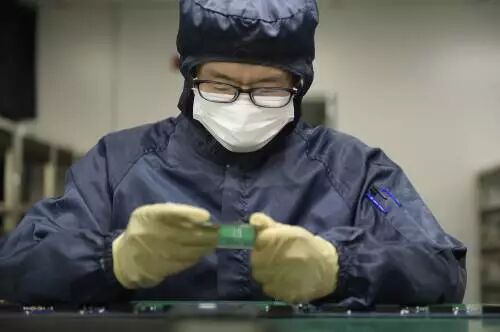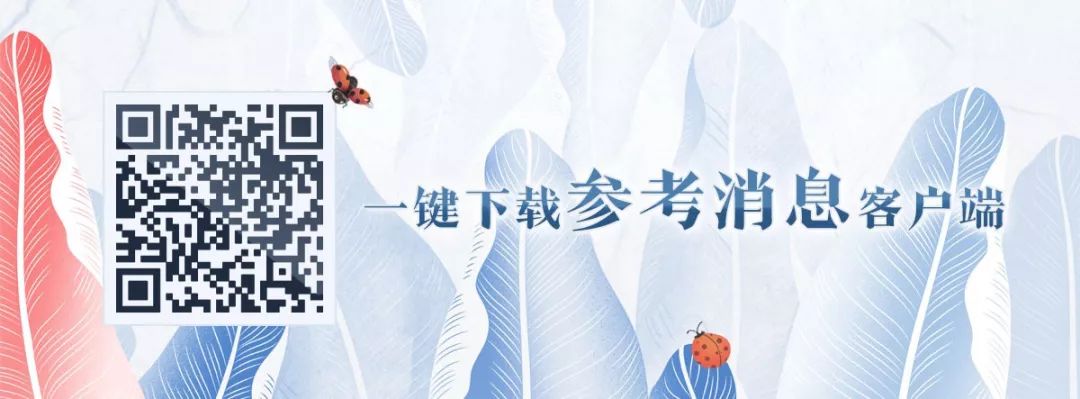According to a report by South Korea’s KBS News on August 12, the South Korean government has decided to remove Japan from its “white list,” effective September. Singaporean media reported that the trade dispute between Japan and South Korea in the semiconductor sector has led South Korean semiconductor manufacturers to seek alternative suppliers in China, while Japanese raw material producers are also planning to establish factories in China to meet the demands of South Korean manufacturers.
On August 12, Singapore’s Lianhe Zaobao reported that since Japan announced stricter export controls on key materials required for display panels and semiconductor chips to South Korea on July 1, South Korean chip manufacturers have been actively seeking countermeasures, and some Japanese suppliers are also looking for ways to circumvent the restrictions.
Taking high-purity hydrogen fluoride as an example, this material is crucial in the semiconductor production process, primarily used for cutting semiconductor substrates. In the more than 600 processes involved in semiconductor product manufacturing, hydrogen fluoride may be used more than ten times.

▲Reference Image:Workers at a Japanese electronics company factory.(Xinhua News Agency)
Reports indicate that Morita Chemical, a company specializing in the production of high-purity hydrogen fluoride and other materials, is concerned about the impact of export controls on its revenue. Company president Yasuo Morita pointed out that in the fiscal year 2018, exports of high-purity hydrogen fluoride to South Korea contributed over 30% of the company’s revenue, with approximately 60% of South Korea’s high-purity hydrogen fluoride sourced from Japanese companies.
He fears that the current trade conflict between Japan and South Korea may lead to a decline in the market share of Japanese companies in South Korea. In light of this, Morita Chemical announced that it does not rule out starting production of high-purity hydrogen fluoride at its factory in China within 2019.
In fact, Morita Chemical began planning production in China two years ago after observing the rise of semiconductor production in the country.

Reports indicate that Yasuo Morita revealed that he had previously noticed the trend of semiconductor production shifting from South Korea to China, which is why he began promoting the plan to establish a joint venture factory in Zhejiang two years ago. Following the Japan-South Korea conflict, the company plans to take the opportunity to start production of high-purity hydrogen fluoride at its factory in China, which will allow it to supply South Korea from China in the future.
Article Edited by | Chong Shen
WeChat Editor | Li Sai
WeChat Review | Yang Sihan
Open the Reference News client for more foreign media information>>
